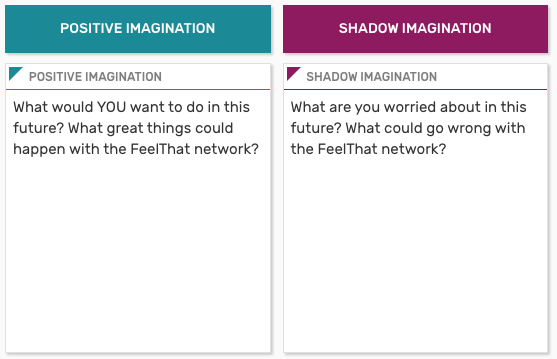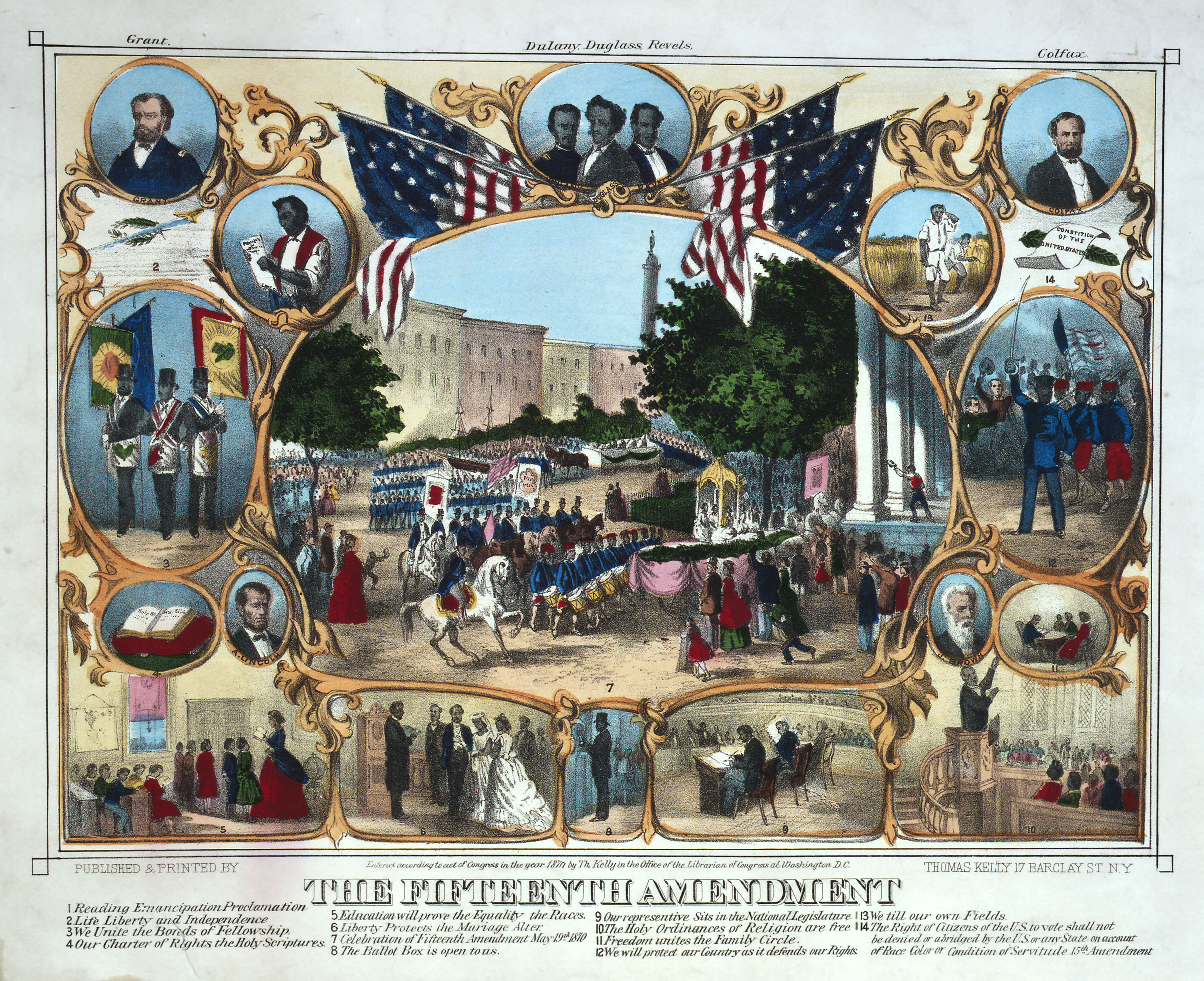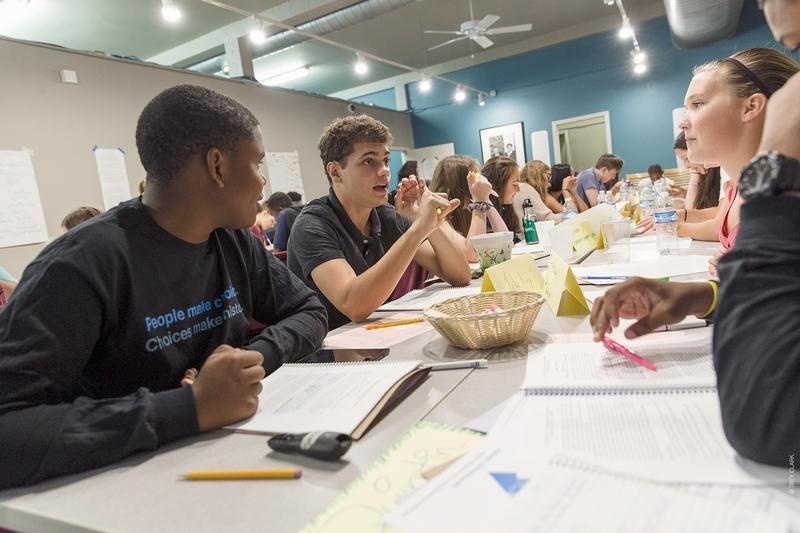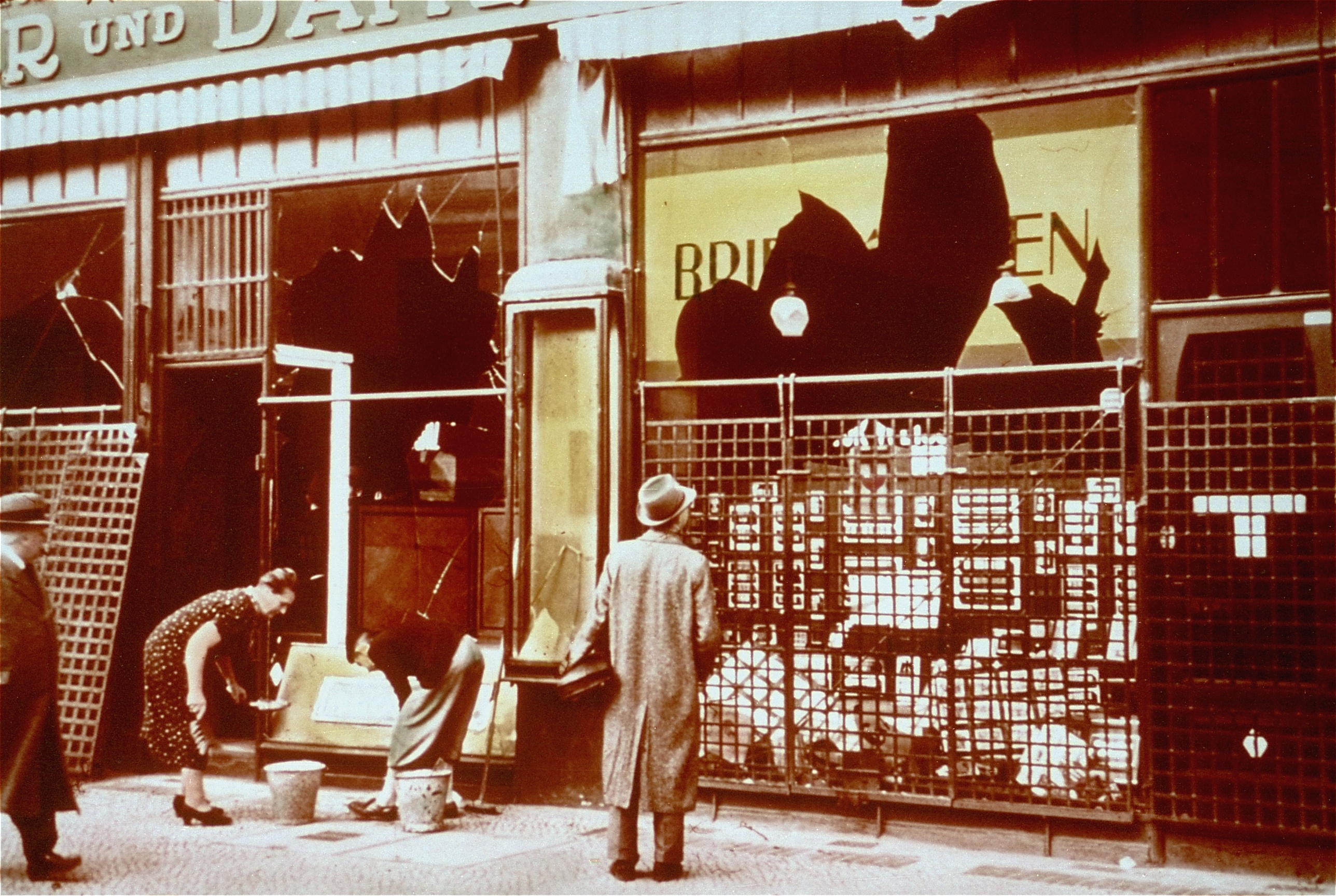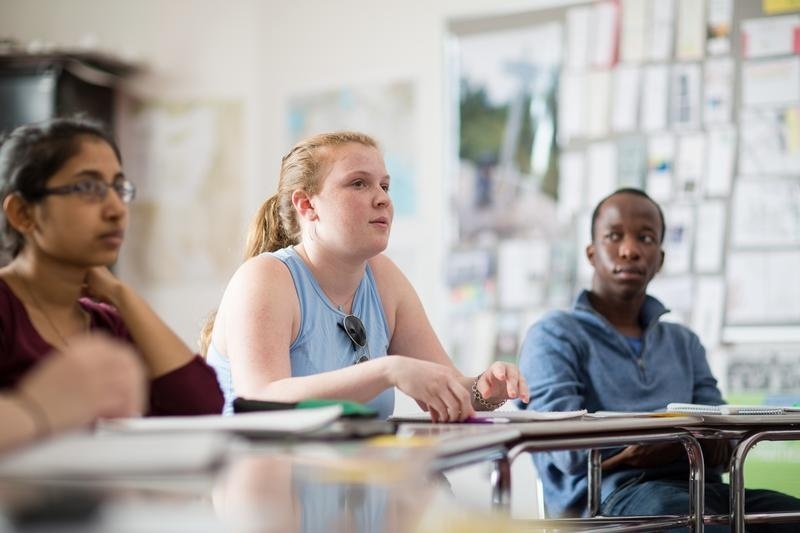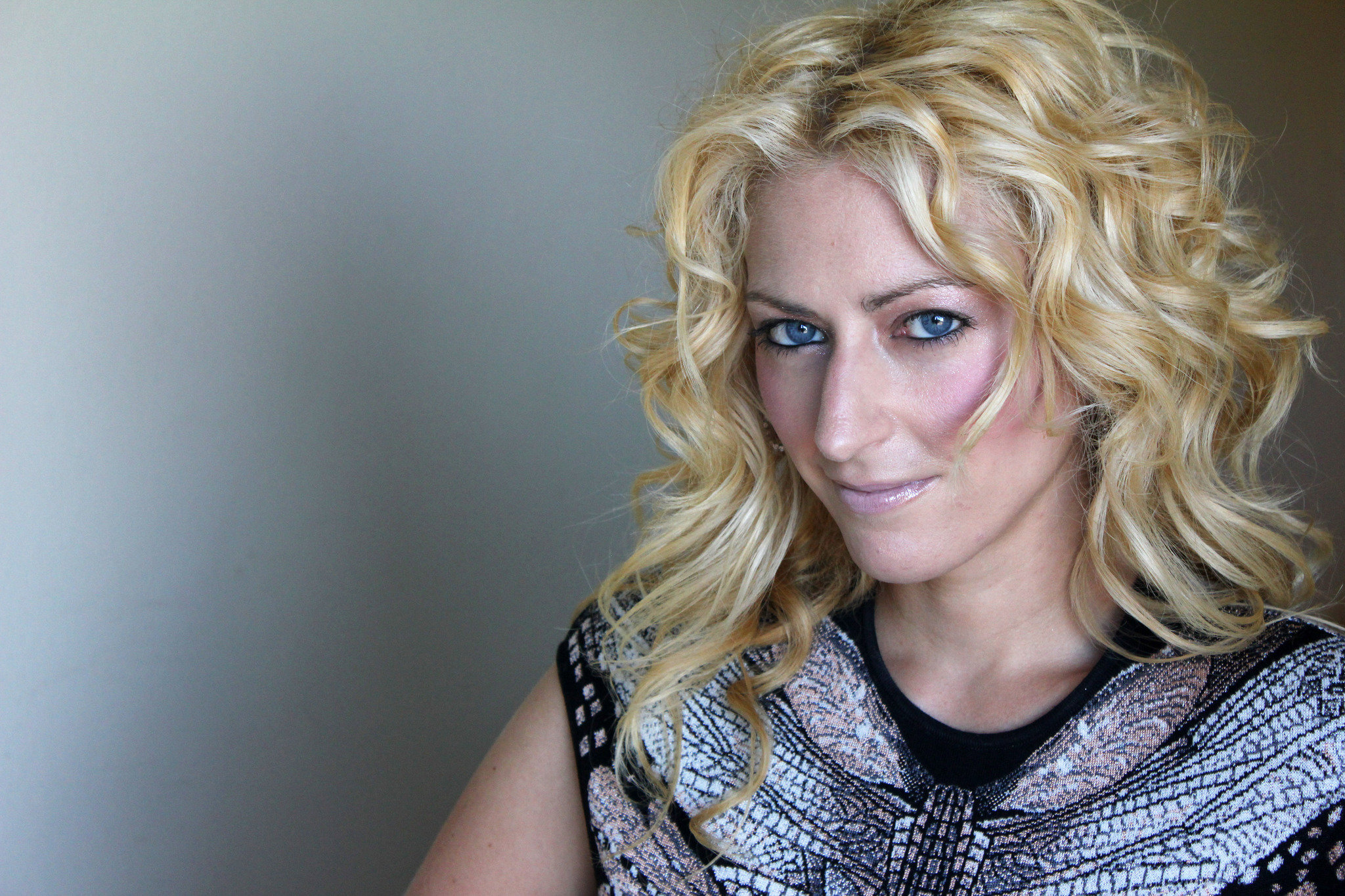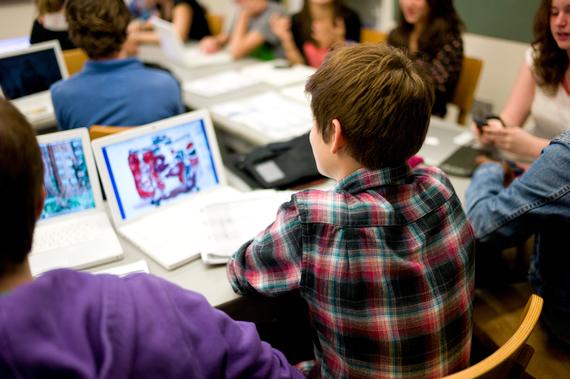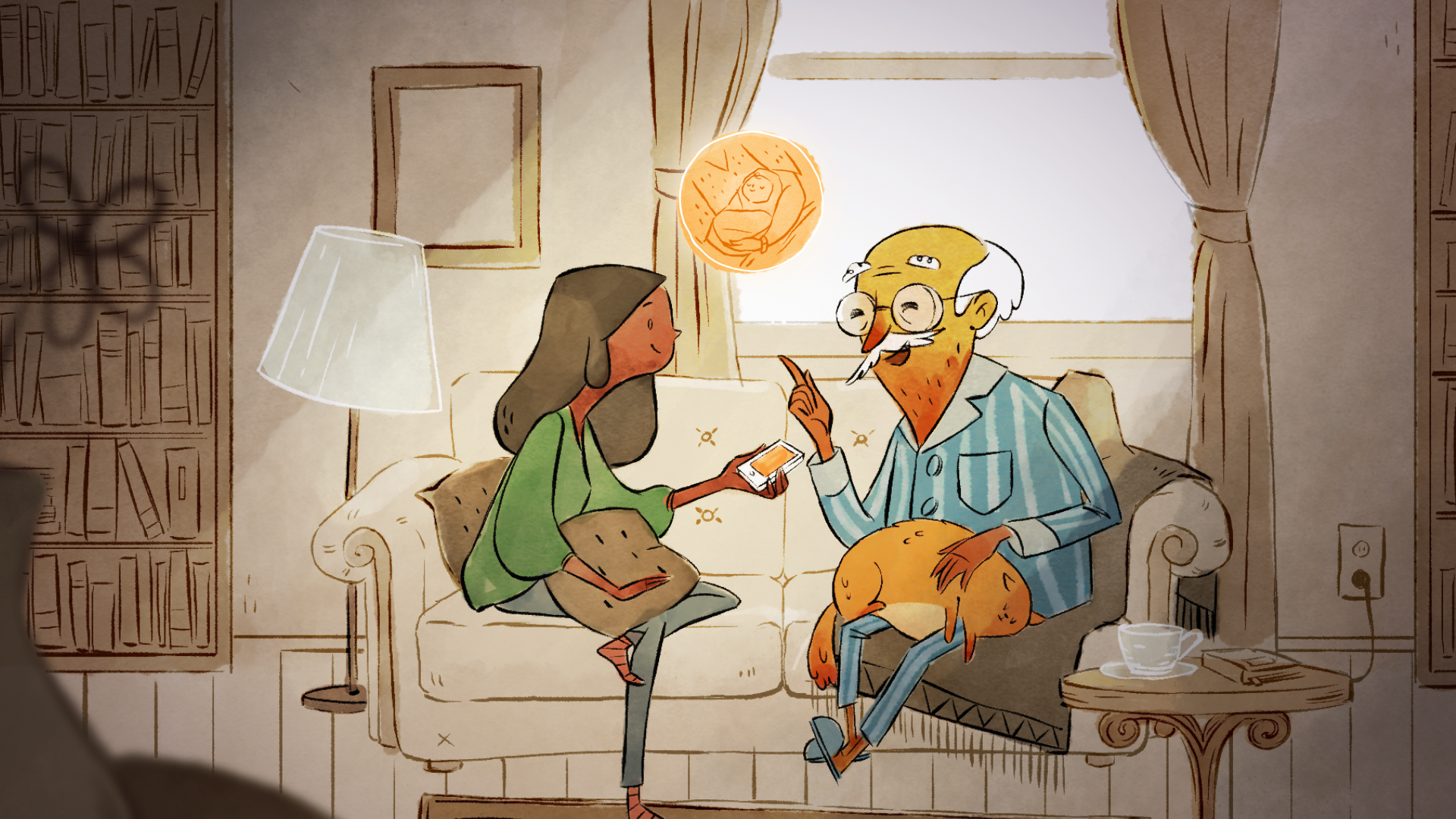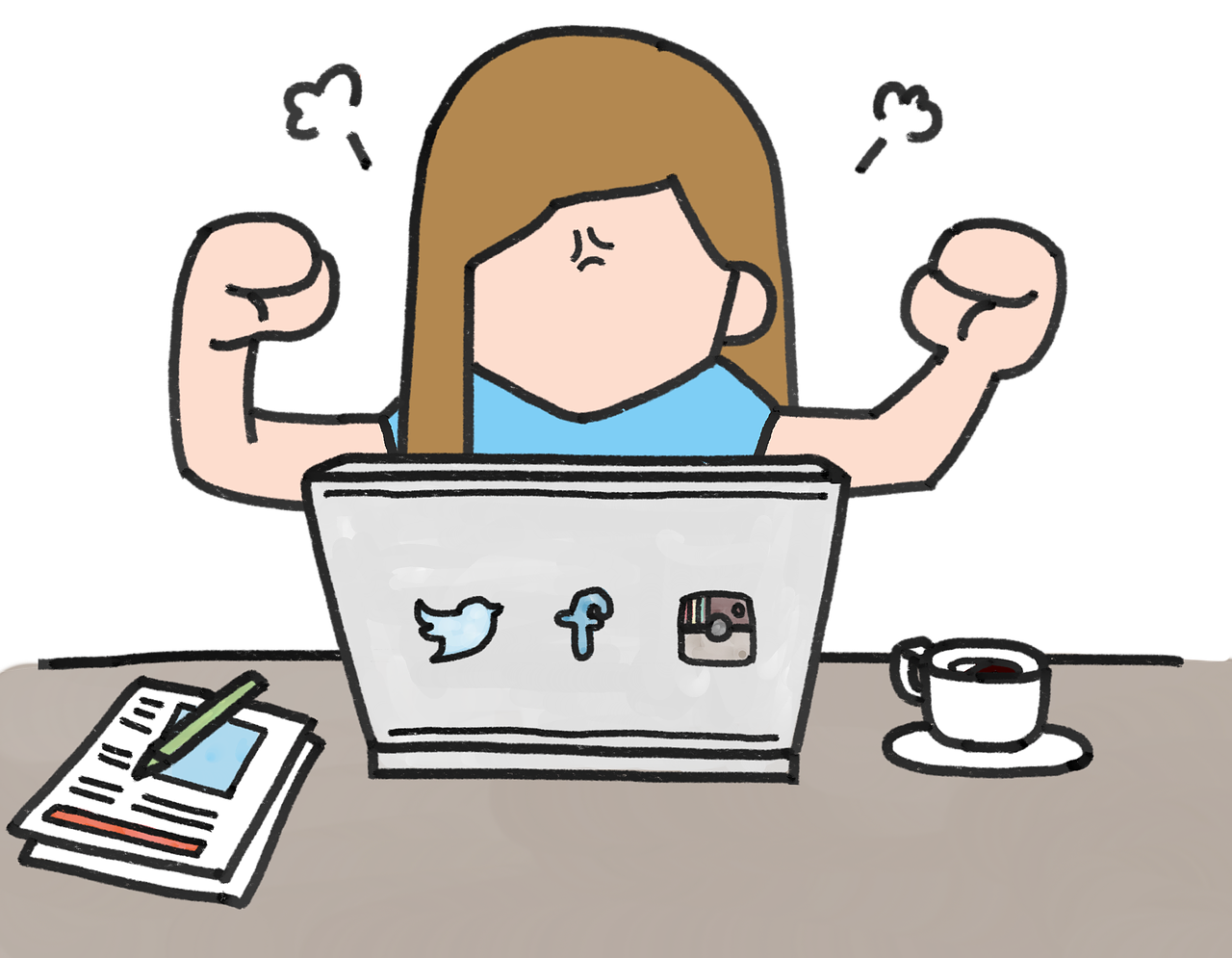From November 13-14 Facing History and the Institute for the Future launched Face the Future, an online game for social change. For 30 hours, students, teachers, and community members from around the world gathered virtually to imagine the future of empathy. Daniel Braunfeld, Senior Program Associate for Special Projects, shares his experience playing the game, which is set in the year 2026—and how it is changing the way he lives in 2016.
Before the US presidential election, Eric Liu wrote in a recent article in the Atlantic, “Whatever the outcome on Election Day, more than 40 percent of American voters will feel despondent, disgusted, and betrayed.” As we face this reality together, we have a chance to learn from the pivotal dilemmas and choices of our nation’s past as we pick up the pieces from the exhausting 2016 election cycle. We can look to the aftermath of the Civil War—another period of deep division within the US—to better understand how we got to this current divisive moment filled with vitriolic rhetoric.
Topics: Democracy, Voting Rights, Reconstruction, voting
In the wake of the divisive United States election, educators are in a unique position to help students develop their skills as civic actors, thinkers, upstanders, and problem-solvers. This work isn’t easy in the best of times, but it’s particularly challenging during times of deep division and intolerance.
The following resources—from Facing History and our partners at StoryCorps—are designed to help your students gain critical thinking skills, empathy and tolerance, and a sense of civic responsibility.
Topics: Classrooms, Teaching Resources, Community, difficult conversations, civil discourse
Reflecting on Kristallnacht 78 Years Later
Posted by Facing History and Ourselves on November 11, 2016
November 9 marked the 78th anniversary of a series of violent attacks against Jews spread across Germany, Austria, and Czechoslovakia. Known as Kristallnacht, or “the night of broken glass,” it was the most open and violent attack on Jews by the Nazi regime up until that time. The aftermath was devastating: between 1,500 and 3,000 Jews were killed; 30,000 were sent to concentration camps; over 7,000 Jewish businesses were destroyed; and synagogues across Germany were burned down.
Topics: Memory, Holocaust, Holocaust and Human Behavior, reflection
What Next?: How to Move Forward Together After a Divisive Election
Posted by Karen Murphy on November 10, 2016
This was a particularly difficult election for the United States. It exposed deep divisions and it was a year of ugly rhetoric and angry, sometimes violent, exchanges among people. Racism, misogyny, sexual assault, xenophobia, antisemitism, and just plain cruelty headlined news stories and became trending topics across social media. Many Americans could not wait for November 9th to arrive just so it would be over and they could move on. But “moving on” isn’t going to help Americans to address the tensions and issues raised by the long campaign season and the election itself. The election was a mirror held up to Americans, exposing deep damage and it created more at the same time.
Topics: Democracy, difficult conversations, civil discourse
Why I'm Talking About Race in the Workplace and You Should Too
Posted by Mitra Best on November 7, 2016
I’ve always believed we can inspire young people to create a more compassionate future through education, both formally and informally.
While programs like Facing History educate our middle and high school students to promote a more humane and informed citizenry through examining racism and prejudice in historic events, I haven’t found much support for us, as adults, in tackling difficult topics like race, hatred, and bigotry in a respectful manner.
Topics: Racism, difficult conversations, race, civil discourse
Here's Why You Should Step into the Future with Facing History
Posted by Jane McGonigal on November 3, 2016
From November 13-14, Facing History and Institute for the Future will virtually gather secondary school students, educators, and community members from around the world to play Face the Future: A Game About the Future of Empathy. Set in 2026, the game invites us to think about what empathy might look like—and how that future will impact the choices we make today. Read more from Jane McGonigal, world-renowned game designer and Director of Games Research and Development at the Institute for the Future, about why you should care about imagining the future.
Topics: Social-Emotional Learning, Empathy, Community Conversations
Choosing to Participate in a Digital World
Posted by Danielle Allen, Chaebong Nam, and Adam Strom on November 1, 2016
For 40 years, Facing History and Ourselves has had the opportunity to challenge young people to reflect on the moral choices they face in their own lives. Inspired by what they have learned, many of those students look for ways in which they can make a positive difference in their classrooms, communities, and world. The Facing History journey ends with a reflection on "Choosing to Participate." But, what does it mean to choose to participate in a digital world in which participatory practices using digital tools are increasingly being used to take on the work of traditional institutions? We believe the Youth and Participatory Politics Action Frame can serve as a model to guide young people to reflect on the moral and ethical choices they face in their desire to make a difference.
Topics: Teaching Strategies, Choosing to Participate, Social Media, Teaching Strategy
This fall, StoryCorps and Facing History are once again bringing The Great Thanksgiving Listen to Facing History students around the country. Students can take the opportunity to listen to stories from their loved ones by having a meaningful conversation and learning critical listening skills.
Topics: StoryCorps, The Great Listen
Today’s News, Tomorrow’s History: Civility, Politics, and Facebook - Can’t We All Be Friends?
Posted by Monica Brady-Myerov on October 25, 2016
Today’s News, Tomorrow’s History is an ongoing series with Listenwise. This series connects Facing History’s themes with today’s current events using public radio to guide and facilitate discussions around the social issues of our time. Today we will take a look at the presidential election and how it is influencing our activity on social media.
Topics: Social Media, Listenwise, difficult conversations, civil discourse

